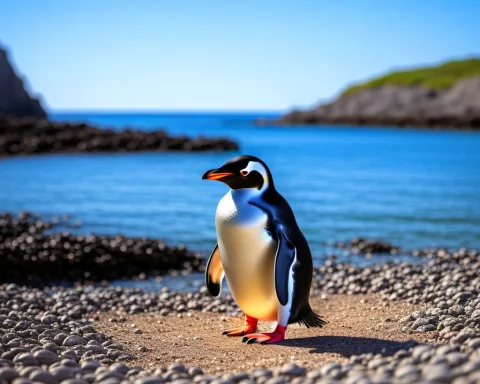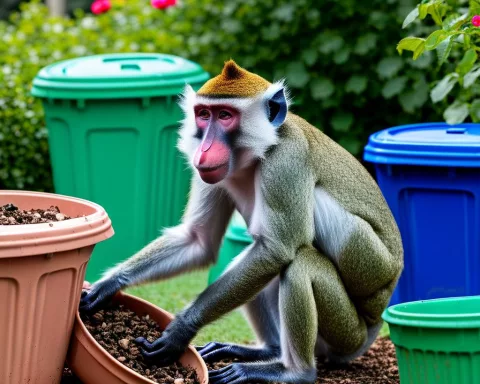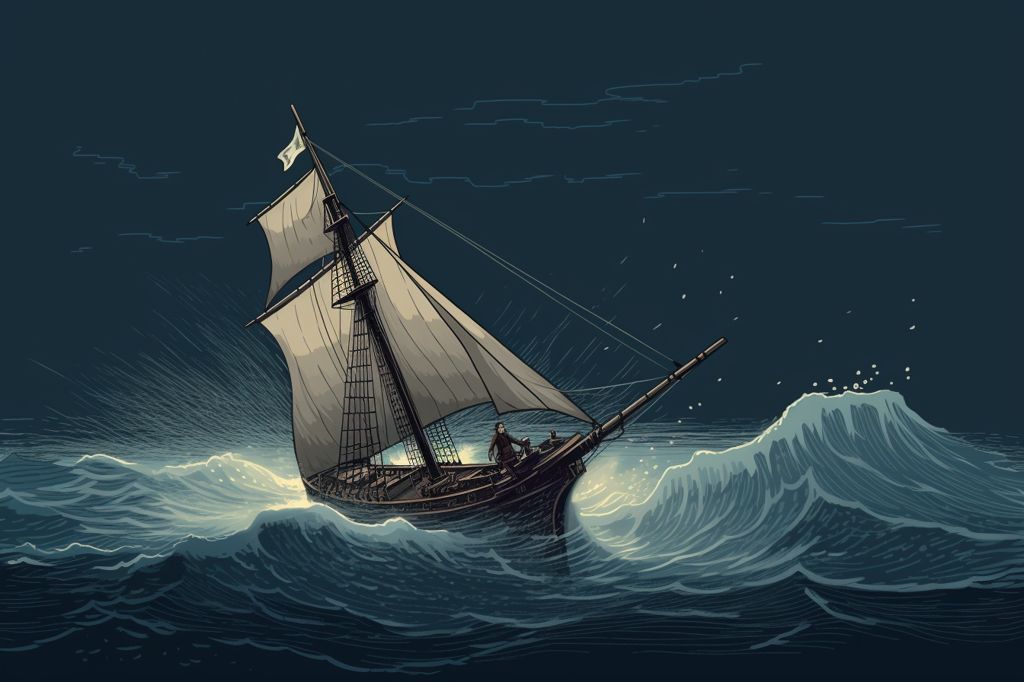The reintroduction of large carnivores into the wild is a critical step towards conserving threatened species. The cheetah, specifically, has seen a significant decline in population in recent decades. While reintroduction programs are inherently risky, they are crucial to the expansion of the cheetah meta-population and restoration of the animal to its former range state.
Cooperation between South Africa and India
The success of the reintroduction program depends heavily on the cooperation between South Africa and India. The Memorandum of Understanding (MoU) signed between the two countries facilitates cooperation in establishing a viable cheetah population in India. The agreement encompasses several activities, such as human-wildlife conflict resolution, wildlife translocation, and community participation in conservation efforts.
Reintroduction Risks
Reintroducing large carnivores, like cheetahs, is complex and risky. As the animals are released into larger environments, the risks of injury and mortality increase. Despite these risks, the reintroduction plan has considered them and selected Kuno National Park, an unfenced protected area with high-density competing predators, as the release site.
Release and Challenges
The remaining eleven South African cheetahs will be released into free-ranging conditions over the next two months. However, as observed in previous reintroductions in Africa, a few of the founder population may be lost within the first year post-release. Additionally, several cheetahs may escape the national park, requiring a short-term recapture process. Nevertheless, once they establish home ranges, the situation will stabilize, and the cheetah population will thrive.
Large Carnivore Reintroduction
Reintroducing large carnivores provides an opportunity to conserve and restore species to their former habitats. However, it requires expertise, capacity, and resources to ensure their success. The cooperation between South Africa and India can provide these resources and contribute to the conservation of the cheetah population.
Importance of Project Continuation
The loss of one cheetah does not signify the project’s failure. Autopsy results will provide information on the cause of death, but officials indicate that there is no risk to other animals. The project must continue, and the remaining cheetahs must be given the best possible chance to thrive in their new environment.












